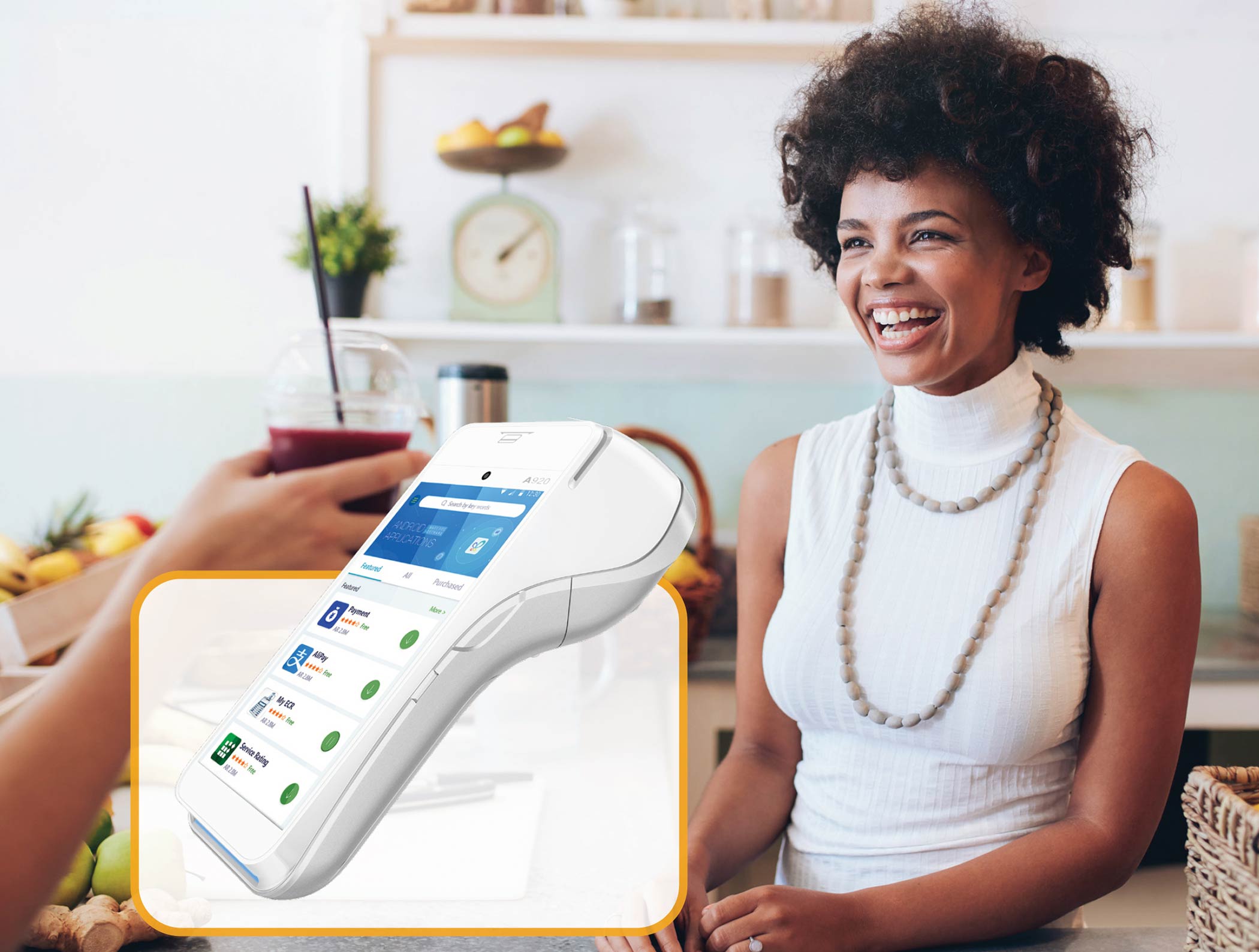What are Chargebacks?
Chargebacks, also called payment disputes, occur when a cardholder contacts their bank (card issuer) about a transaction and tries to get them to issue a reversal of funds. This is different than a refund. A refund is directly from merchant to cardholder, whereas a chargeback involves the bank and an investigation of the transaction.
Chargebacks can be filed for a few reasons: fraudulent transaction, the consumer never
received the purchased item, the consumer was over billed, or a merchant error occurred.
Initially, chargebacks were created for people to get their money refunded back to them in case of fraudulent charges. A new trend of “friendly fraud” is rapidly growing. “Friendly fraud” is a type of fraud that happens when the consumer knows of or received benefits from the transaction, yet it has been reported as an unauthorized payment. An example of friendly fraud could be if Kyle made a purchase, the package was delivered, and received by Kyle. Then, Kyle claims that he never received the package and requests a refund. 85% of all chargebacks are composed of friendly fraud.
Why are chargebacks a big deal?
Chargebacks served as consumer protection against fraudulent merchant charges, dishonesty, and poor-quality products. However, now the tables have turned. Merchants are being hit with chargeback fees and losing approximately 1.5% of total revenue.
What iQ does for you
Transparency
How the chargeback process works
Let’s walk through the chargeback process.
1. First, the customer makes a purchase online, in-app, or in person.
2. Second, the customer contacts their card company or card issuing bank, asking to
investigate the unauthorized charges.
3. Third, the customer’s issuing bank, contacts the merchant’s bank asking for proof that
this claim is false. Things that can be used to refute these claims are receipts, proof of
delivery, inspection, or invoices.
4. Fourth, after reviewing the case, the issuing bank decides whether the purchase was
valid or not.
5. Fifth, the consumer and merchant are informed of the decision. The consumer can
further the dispute which gives the card company direct control and final say.
EMV liability shift
Back in October of 2015, the Liability Shift took effect to encourage merchants, consumers, and issuing banks to upgrade to EMV chip card technology for extended security. Merchants are incentivized by the new regulation to update their credit card processing hardware to EMV compliant technology to reduce fraud risk. If the merchant is set up to accept credit cards using EMV enabled technology, “dipping” cards into the terminal, and the consumer does not have a chip card, the liability is shifted away from the merchant to the issuing bank. If the consumer has a card chip, but the merchant does not have EMV compliant technology, the liability is shifted to the merchant. The EMV Liability shift incentivized all parties to become EMV compliant to reduce fraud.
What you can do against chargebacks
Merchants are encouraged to stay up to date with EMV chip card technology to reduce risk of fraud. When accepting card present transactions, always “dip” the card chip into the credit card terminal or POS system. Merchants are responsible for staying proactive in combating chargebacks in a timely manner. It’s a good idea to keep all proof of purchase and delivery. iQ Merchant offers digital receipts, conveniently located in one centralized location allowing merchants to quickly access any transaction proof.
Speak with an iQ Merchant consultant to ensure your credit card payment solutions are EMV compliant and reduce chargeback losses.
Why did they file a chargeback?
Every chargeback has a reason code associated with it. Below you can find out what the reason of the chargeback in question is by the card brand.
Visa Chargeback Codes
Chargeback Code | Chargeback Reason |
10.1 | EMV Liability Shift Counterfeit Fraud |
10.2 | EMV Liability Shift Non-Counterfeit Fraud |
10.3 | Other Fraud — Card Present Environment |
10.4 | Other Fraud — Card Absent Environment |
10.5 | Visa Fraud Monitoring Program |
11.1 | Card Recovery Bulletin |
11.2 | Declined Authorization |
11.3 | No Authorization |
12.1 | Late Presentment |
12.2 | Incorrect Transaction Code |
12.3 | Incorrect Currency |
12.4 | Incorrect Account Number |
12.5 | Incorrect Amount |
12.6 | Duplicate Processing/Paid by Other Means |
12.7 | Invalid Data |
13.1 | Merchandise/Services Not Received |
13.2 | Cancelled Recurring |
13.3 | Not as Described or Defective Merchandise/Services |
13.4 | Counterfeit Merchandise |
13.5 | Misrepresentation |
13.6 | Credit Not Processed |
13.7 | Cancelled Merchandise/Services |
13.8 | Original Credit Transaction Not Accepted |
13.9 | Non-Receipt of Cash or Load Transaction Value |
Mastercard Chargeback Codes
Chargeback Code | Chargeback Reason |
4801 | Requested Transaction Data Not Received |
4802 | Requested / Required Information Illegible or Missing |
4807 | Warning Bulletin File |
4808 | Requested / Required Authorization Not Obtained |
4812 | Account Number Not on File |
4831 | Transaction Amount Differs |
4834 | Duplicate Processing |
4835 | Card Not Valid or Expired |
4837 | No Cardholder Authorization |
4840 | Fraudulent Processing of Transaction |
4841 | Cancelled Recurring Transaction |
4842 | Late Presentment |
4846 | Correct Transaction Currency Code Not Provided |
4847 | Requested / Required Authorization Not Obtained and Fraudulent Transaction |
4849 | Questionable Merchant Activity |
4850 | Credit Posted as Purchase |
4853 | Cardholder Dispute – Defective / Not as Described |
4854 | Cardholder Dispute – Not Elsewhere Classified (U.S. Region Only) |
4855 | Non-receipt of Merchandise |
4857 | Card-Activated Telephone Transaction |
4859 | Services Not Rendered |
4860 | Credit Not Processed |
4862 | Counterfeit Transaction Magnetic Stripe POS Fraud |
4863 | Cardholder Does Not Recognize — Potential Fraud |
4870 | Chip Liability Shift |
4871 | Chip / PIN Liability Shift |
Discover Chargeback Codes
Code | Description |
UA01 | Fraud – Card Present Transaction |
UA02 | Fraud – Card Not Present Transaction |
UA05 | Fraud – Chip Counterfeit Transaction |
UA06 | Fraud – Chip and PIN Transaction |
AT | Authorization Noncompliance |
IN | Invalid Card Number |
LP | Late Presentation |
5 | Good Faith Investigation |
AA | Does Not Recognize |
AP | Recurring Payments |
AW | Altered Amount |
CD | Credit/Debit Posted Incorrectly |
DP | Duplicate Processing |
NF | Non-Receipt of Cash from ATM |
PM | Paid by Other Means |
RG | Non-Receipt of Goods, Services, or Cash |
RM | Cardholder Disputes Quality of Goods or Services |
RN2 | Credit Not Processed |
DC | Dispute Compliance |
American Express Chargeback codes
Chargeback Code | Authorization Errors |
A01 | Charge Amount Exceeds Authorization Amount |
A02 | No Valid Authorization |
A08 | Authorization Approval Expired |
Chargeback Code | Type: Fraud |
F10* | Missing Imprint |
F14* | Missing Signature |
F22 | Expired or Not Yet Valid Card |
F24* | No Card Member Authorization |
F29 | Card Not Present |
Chargeback Code | Type: Card Member Dispute |
C02 | Credit (or Partial Credit) Not Processed |
C04 | Goods/Services Returned or Refused |
C05 | Goods/Services Cancelled |
C08 | Goods/Services Not Received |
C14 | Paid by Other Means |
C18 | “No Show” or Card Deposit Cancelled |
C28 | Cancelled Recurring Billing |
C31 | Goods/Services Not as Described |
C32 | Goods/Services Damaged or Defective |
M10 | Vehicle Rental – Capital Damages |
M49 | Vehicle Rental – Theft or Loss of Use |
Chargeback Code | Type: Processing Error |
P01 | Unassigned Card Number |
P03 | Credit Processed as Charge |
P04 | Charge Processed as Credit |
P05 | Incorrect Charge Amount |
P07 | Late Submission |
P08 | Duplicate Charge |
P22 | Nonmatching Card Number |
P23 | Currency Discrepancy |
Chargeback Code | Type: Inquiry Related Chargeback |
R03* | Insufficient Reply |
R13* | No Reply |
M01* | Chargeback Authorization |
Code | Type: Chargeback Programs |
FR2 | Fraud Full Recourse Program |
FR4 | Immediate Chargeback Program |
FR6 | Partial Immediate Chargeback Program |



